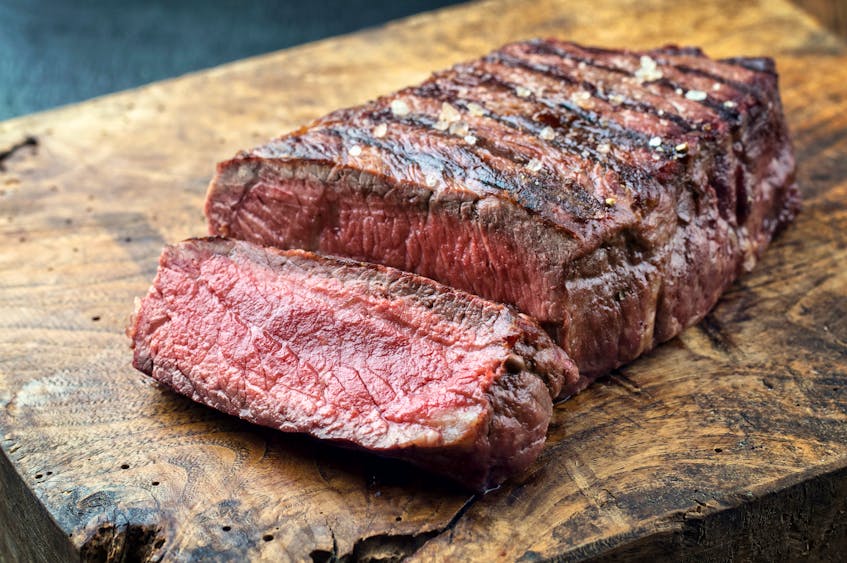The researchers behind a study that questions the risks of eating red and processed meats expected their conclusions would draw a reaction.
But Dr. Bradley Johnston, who led the panel of 14 scientists from North America and Europe, appeared to be taken aback by the nature of that response.
“We certainly expected a reaction given the nature of the question, people are very interested in red meat and processed meat,” the Dalhousie University epidemiologist said in a phone interview, one of many he’d conducted with media Tuesday afternoon in the wake of a New York Times article on the study.
“I would characterize the reaction as hysterical and often not evidence-based.”
The panel concluded that it was “low-quality” evidence from previous studies that pitted the World Health Organization and other authorities against red and processed meat consumption.
“By low quality, we mean there’s uncertainty in the data,” Johnston said. “We don’t know for sure, we can’t make causal inferences.”
For example, the WHO has said people who eat red meat are 50 per cent more likely to get cancer than people who don’t. That focus on relative risk is misleading, Johnston said.
“We look at the data and find those that eat less red meat the risk is one per cent, from a relative standpoint, that’s a relative risk reduction of 50 per cent, which is often what previous government guidelines focus on. But from an absolute perspective, the difference is one per cent. Decision-makers can improve upon their decision-making ability if they have absolute numbers.”
Most panel members — three researchers disagreed — recommended that people continue to eat unprocessed red meats and processed meats.
“For our review of randomized trials on harms and benefits (12 unique trials enrolling 54, 000 participants), we found low- to very low-certainty evidence that diets lower in unprocessed red meat may have little or no effect on the risk for major cardiometabolic outcomes and cancer mortality and incidence,” said the study published Tuesday in the journal Annals of Internal Medicine.
The panel did find that a reduction of three servings a week over a long period of time might yield a health benefit.
The reaction to the study was swift and condemnatory in some quarters.
“This recommendation runs contradictory to the large body of evidence indicating higher consumption of red meat — especially processed red meat — is associated with higher risk of type 2 diabetes, cardiovascular disease, certain types of cancers, and premature death,” an article in The Nutrition Source at Harvard University said.
Johnston said his panel’s methodology was based on more than 20 years of research and over 50 papers on systematic reviews and guidelines.
“Our detractors seem to want to make up their own methods as they go along,” he said.
"One of the distinct differences is, we’ve taken an individual approach versus a societal or public health approach. So by individual I mean, we believe people should know what the absolute risk reduction is, they should know what the certainty or quality of evidence is for that absolute risk reduction and they should make their own individual decisions rather than having health authorities tell us or potentially scare us into reducing our meat consumption based on their interpretations of evidence based on relative numbers."









